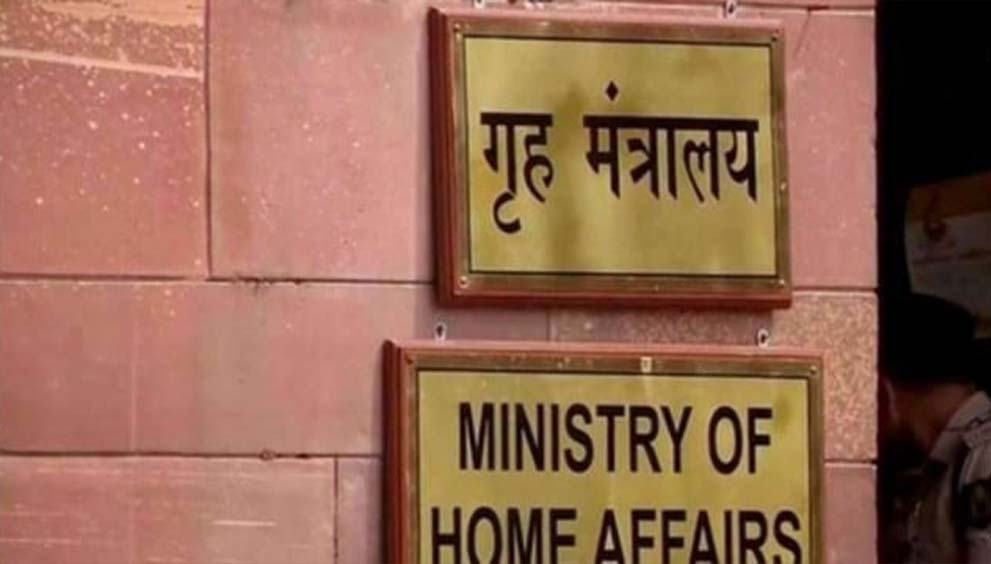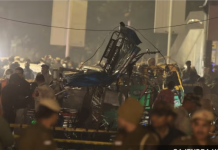Even as states prepare for the implementation, organising training sessions for bureaucrats, judges and police personnel, a key concern remains: these laws are yet to be officially notified in regional languages.
In five days, in a move that will overhaul the country’s criminal laws, the Bharatiya Nyaya (Second) Sanhita, 2023 (the new IPC); the Bharatiya Nagarik Suraksha (Second) Sanhita, 2023 (the new CrPC); and the Bharatiya Sakshya (Second) Act, 2023 (the new Evidence Act), – are set to be operationalised.
Even as states prepare for the implementation, organising training sessions for bureaucrats, judges and police personnel, a key concern remains: these laws are yet to be officially notified in regional languages.
From Kerala, Karnataka and Tamil Nadu to Odisha and West Bengal, local translations will be crucial to ensure people can access this at the police station level, the trial courts and prisons.
Read | MHA asks states to begin drill to find glitches in crime laws rollout
It is learnt that the Centre had written to states in March, three months after the laws had been passed, to translate them to scheduled languages. The Hindi and English versions of the law received the President’s assent in December last year. Although criminal laws fall in the concurrent list, the three Sanhitas are a Central legislation.
While the three Sanhitas will be effective July 1, according to notification in the official gazette, several states told The Indian Express that it will take over six months to finish translation of the laws.
While a Law Ministry spokesperson did not respond to requests for comment, a senior Ministry official said that, usually, translations are done by the respective states and sent to the Centre for vetting. “If any changes are to be made, they are incorporated and sent by the Ministry for the President’s assent, following which it is sent back to the states for notification in their gazette,” the official said.
This may take time. Said the official: “We had written to Chief Secretaries of states to facilitate translations of the laws and even sent a reminder last month…A few states sent their translations of the evidence act to the Ministry for vetting. However, the process may take over six months to complete for all states.”
Read | Watershed moment for India, says CJI on new criminal laws
Of the 22 scheduled languages, translation of the laws will be required in 13 to start with, including Tamil, Kannada, Marathi, Gujarati, Bengali and Punjabi. Some of the official languages, including Dogri and Santhali, are not used in courts.
Anup Surendranath, Professor of Law, National Law University, Delhi said that local translations of the laws is crucial both as a democratic right and as a bureaucratic concern to implement the laws.
“Just having these laws in English and Hindi is not going to ensure effective access for the massive bureaucratic machinery in different parts of this country. For millions in this country, criminal law is wielded by that police constable on the street or the IO in the police station – it should be painfully obvious that thousands of such personnel are going to need these laws in their local languages as the first step towards understanding these laws,” he said.
In Karnataka, the state Law and Parliamentary Minister HK Patil said that for now, the Karnataka Police Academy (KPA) has translated them into Kannada and has come out with books for the police.
“The KPA version will not be considered official translation. The one that is issued in the gazette will be the final and official translated version,” he said.
In Punjab, Home Secretary Gurkirat Kirpal said that the government is in the process of getting the laws translated in Punjabi.
In Kerala, state Law Secretary K G Sanal Kumar said the state has written to the Union Ministry seeking their consent for translating the laws into Malayalam. “We need their consent for translating the laws into local language. Once we get the nod from the Centre, the state will proceed with the process of translation,’’ he said.
Written by Damini Nath , Kiran Parashar
Bengaluru, New Delhi, Thiruvananthapuram






















